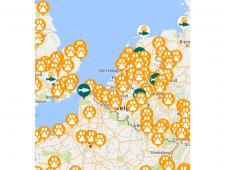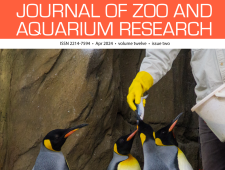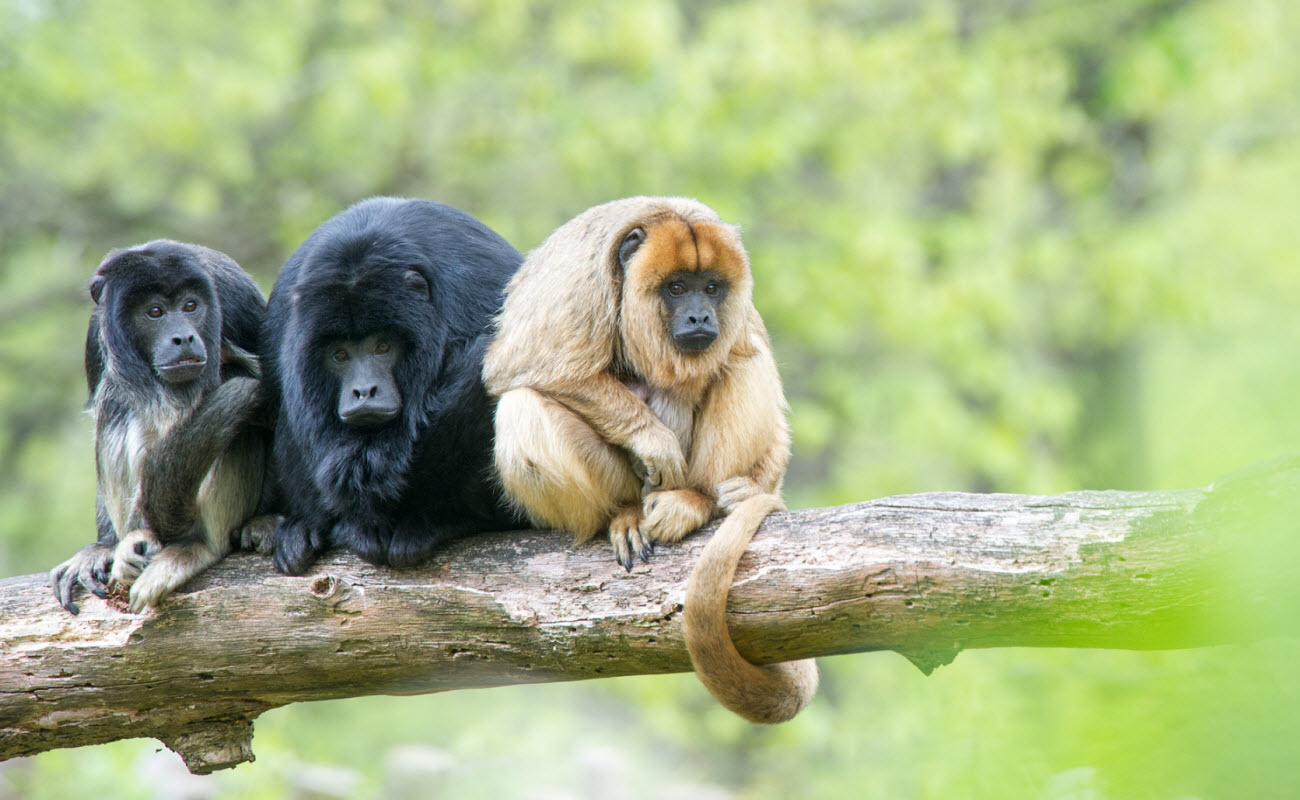What is welfare?
Animal welfare refers to the physiological and psychological health of an animal – effectively, this is how the individual animal is coping, both mentally and physically with their circumstances. Many scientists and animal management professionals now subscribe to the ‘feelings’ approach, whereby welfare is a reflection of an animal’s mental/psychological health and what they are ‘feeling’. ‘The Five Domains’ model (Mellor and Beausoleil, 2015) highlights four ‘physical/function domains’ and promotes that all physical conditions will have an impact on the animals’ ‘mental domain’. It is this ‘Mental domain’ that gives rise to the animals’ animal welfare status. An animal’s welfare state will be in constant flux along an animal welfare spectrum. Recent years have seen the rise in emphasis of promoting positive mental states; not just mitigation of the negative states. The Five Domains model has been adopted by the ‘Caring for Wildlife: WAZA Animal Welfare Strategy’, which, as Members of WAZA, is the strategy which has been adopted by EAZA.

For an animal’s welfare needs to be met, a multi-disciplined, scientifically evidence-based approach is required through, for example, the provision of effective veterinary care, meeting nutritional requirements, providing individuals with the opportunity to perform their species-specific behavioural repertoire and promoting positive emotional states. Both ‘environment-based’ and ‘animal-based’ measures should be included when assessing welfare, with particularly emphasis on the ‘animal-based’ measures as this likely to be a more representative reflection on how the animal is coping and feeling. Animal-based measures can include behavioural measures, body condition and hormonal measures. Consequently, the importance of understanding animals’ natural histories, behavioural needs, physical adaptations, biochemistry and physiology, nutritional requirements, evolutionary drives and psychology cannot be underestimated when it comes to promoting positive animal welfare.
Animal welfare science has progressed dramatically in recent years and the methods by which we evaluate welfare are continually evolving. As new research is released and ideas shared our understanding of species-specific, and individual, needs and wants develops. Through conducting this research and applying the knowledge gained, animal welfare best-practice continues to progress.
For more information, please contact the EAZA Animal Welfare Coordinator sally.binding@eaza.net.
References
- Caring For Wildlife: The World Zoo and Aquarium Animal Welfare Strategy (2015) https://www.waza.org/priorities/animal-welfare/animal-welfare-strategies/ [accessed 8 May 2019].
- Mellor, D.J., and Beausoleil, N.J. (2015) Extending the ‘Five Domains’ model for animal welfare assessment to incorporate positive welfare states. Animal Welfare 24:241-253.

EAZA Animal Welfare Forum
The Animal Welfare Forum brings together up to 200 representatives of zoos and aquariums, welfare organisations and academic institutions for three days of workshops, presentations and other activities, discussing and highlighting an evidence-based approach to animal welfare and bridging the gap between welfare research and application.
Past Animal Welfare fora:
- EAZA Animal Welfare Forum 2022 (hosted by Apenheul Primate Park (The Netherlands) from 30 May to 2 June, 2022
- EAZA Animal Welfare Forum 2024 (hosted by Parco Natura Viva (Italy), from 19 - 22 March 2024
The next EAZA Animal Welfare Forum is planned for March 2026, more event information will follow in 2025.
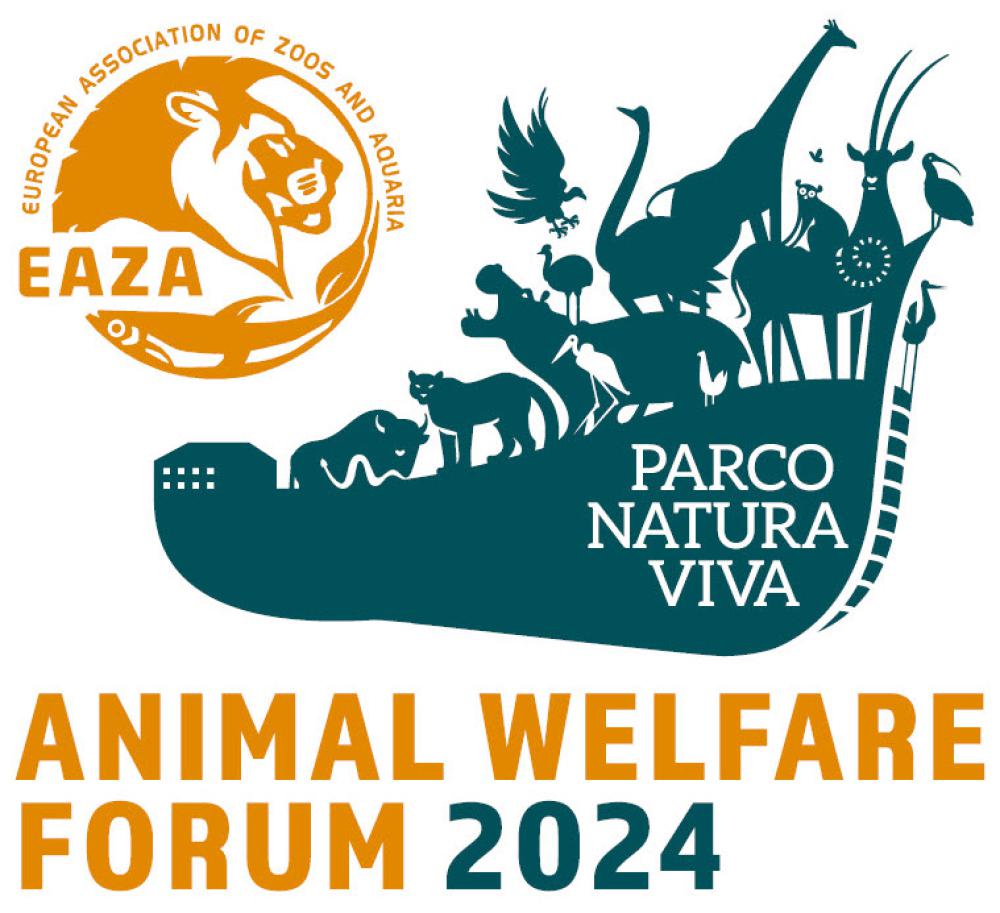
EAZA Animal welfare
EAZA is committed to promoting the positive welfare of animals, not only in our member institutions but also through supporting zoos and aquaria which are currently working towards reaching EAZA’s accreditation standards. EAZA encourages and supports adoption of a proactive approach, to both undertaking and applying animal welfare scientific research. We adopt a multi-faceted, multi-disciplined approach to promotion of animal welfare best-practice via the delivery of animal welfare training and knowledge sharing platforms:
- The EAZA Academy organises and delivers a range of zoo and aquarium-focused professional training, including animal welfare-based workshops and courses.
- Development of the Erasmus+ funded European Professional Zookeeper Qualification Framework (EPZQF).
- ‘EAZA Animal Welfare’ Facebook group – sharing evidence-based animal welfare research and application.
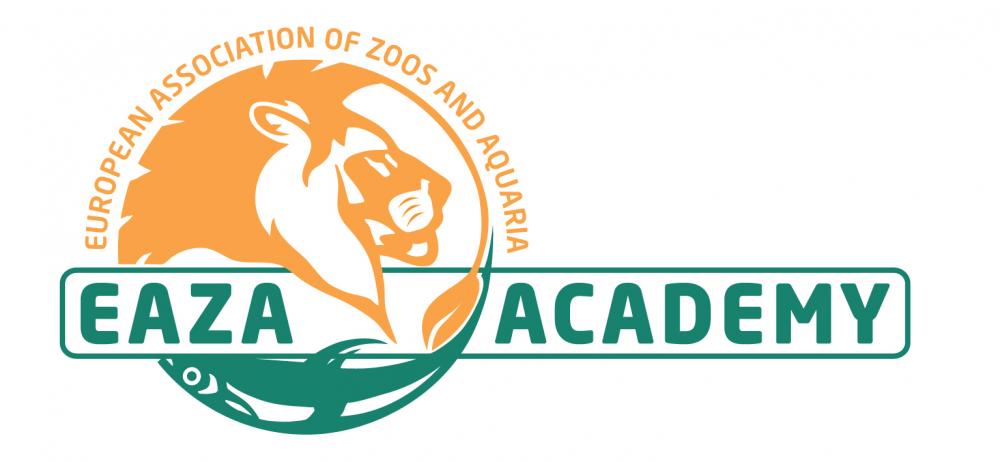
The EAZA Accreditation system
The EAZA Accreditation system which ensures that EAZA Accredited Members reach EAZA’s Standards of Accommodation and Care of Animals in Zoos and Aquaria, alongside EAZA’s Guidelines, such as the EAZA Guidelines on the use of animals in public demonstrations have now been incorporated into the EAZA Standards on the Accommodation and Care of Animals in Zoos and Aquariums. Those institutions who do not reach EAZA’s accreditation standards have the opportunity to join our Candidate for Membership programme. Candidates for Membership are supported by EAZA and the EAZA Technical Assistance Committee via the mentorship programme and production of EAZA’s Technical Assistance Manual: 'The Modern Zoo: foundations for Management and Development’, to aid them in raising their standards.
Production of resources, which include article animal welfare information:
- EAZA’s Journal of Zoo and Aquarium Research (JZAR). JZAR is open-access to ensure evidence-based animal management knowledge is available for all animal management professionals.
- Production of animal care Best Practice Guidelines.
- Our quarterly magazine, Zooquaria (free to download).
The EAZA Animal Welfare Working Group (AWWG) is currently focused on:
- Supporting planning and delivery of the EAZA Animal Welfare Forum 2024
- Maintaining the Animal Welfare Assessments Library
- Forming links with the EAZA Taxon Advisory Groups (TAGs) through establishing Animal Welfare Liaison
- Providing animal welfare support to the EAZA Membership
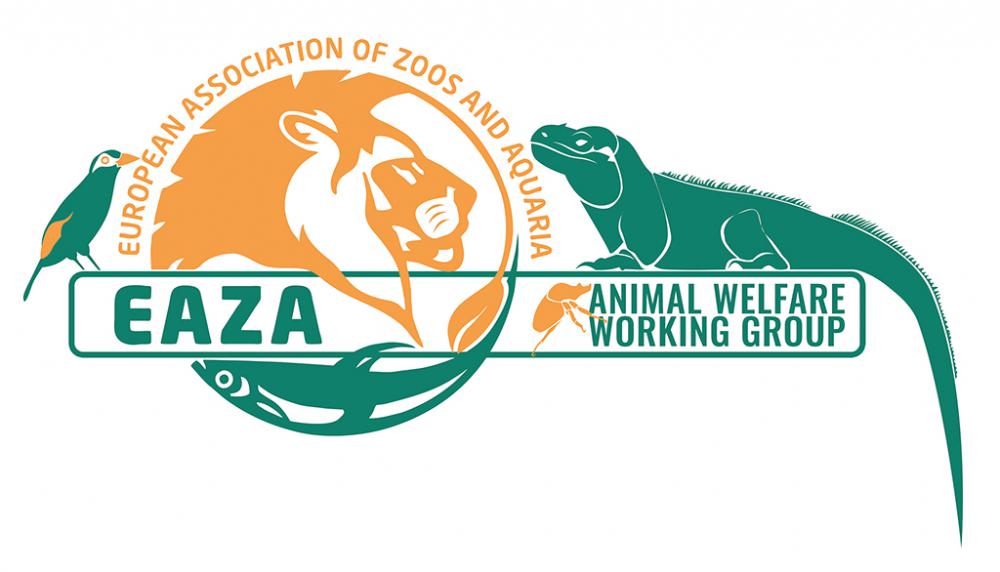
EAZA Welfare Webinars
EAZA Welfare Webinars are free and open to all, to support animal management professionals across the wider animal management community. Joining the webinars are a fantastic opportunity to gain professional development from experts in the animal welfare field, which you can apply within your own work to promote evidence-based positive animal welfare.
Future Directions of Animal Technologies in Zoos
Presenter: Dr Ilyena Hirskyj-Douglas, Lecturer at the Department of Computer Science, Glasgow University
Date: 10 July (12 – 1pm CET)
Meeting: Please access via this Zoom link
Animals in zoos have often made do with technology originally intended for humans. However, recently technologies are being specifically tailored to meet the unique needs of animals. In this webinar, I will delve into the world of animal-centred technologies, exploring how they are being used by zoo animals to enhance their well-being and autonomy by controlling their environment. I will cover the concept of designing technology interfaces for animal affordances, balancing people and animal needs, what animals are using these technologies for and what insights we can learn from these endeavours towards supporting their lives in zoos.

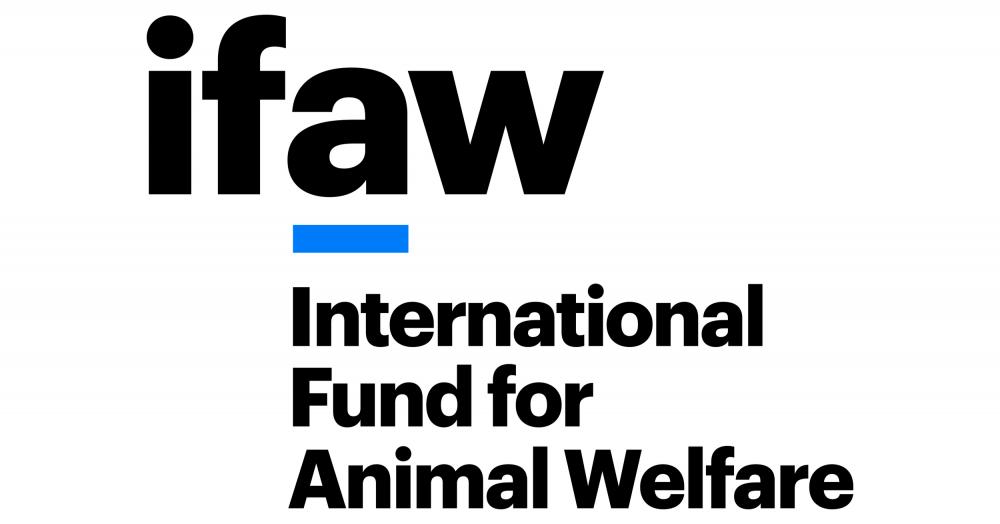
EAZA Welfare Webinars are kindly sponsored by the International Fund for Animal Welfare (IFAW), allowing the webinars to remain free and open to all!
Animal Welfare Strategies and Policies
Animal Welfare Assessments
The ability to assess animal welfare within our zoo and aquarium collections is very valuable tool. Periodic assessment will not only provide understanding of the current state of welfare for the animals in our care, but it will also allow for monitoring in welfare changes and identify areas for welfare improvement.
To help support our Members to fulfil EAZA Standards, the EAZA Executive Office and the EAZA Animal Welfare Working Group (AWWG) have created a guide on how to develop your own institutional welfare assessment programme. We hope this will be a helpful resource to your zoo/aquarium to move forward the aim of excellent welfare for all animals in EAZA Members.
EAZA Animal Welfare Assessments Library
The EAZA Animal Welfare Assessments Library is a collection of previously established animal welfare assessments/ auditing tools that have been kindly shared from researchers and animal management institutions. The established assessments all take slightly different approaches to welfare monitoring and therefore this gives the opportunity to align your organisations needs with the appropriate pre-established assessments. A decision-making tool has been provided for the full library by the EAZA Animal Welfare Working Group in order to support members in selecting the most appropriate assessment for their needs.
The full library is now available on the Animal Welfare Working Group SharePoint page for EAZA member access. The library will continue to grow with more institutions offering their assessments and more translations of the current assessments being submitted.
A number of institutions have offered to share their welfare assessment tools publicly, please see below for the welfare assessment library for public use.
- AnimalConcepts
- Detroit Zoological Society (Russian (Русский) translation)
- Zoos Victoria (plus EAZA Animal Welfare Forum 2020 webinar: welfare risk assessment tool)
- BIAZA Animal Welfare Toolkit:
- Animal Welfare Toolkit (English)
- BIAZA Animal Welfare Toolkit (Russian (Русский) translation)
- BIAZA Animal Welfare Assessment form (Russian (Русский) translation)
- Wildlife Reserves Singapore:
- Wild Planet Trust:
- (English) Animal Welfare Assessment
- Magyar (Hungarian) translation
- Deutsch (German) translation
- Français French translation
- Nederlands Dutch translation
- Čeština Czech translation
- Dansk Danish translation
- Español Spanish translation
- Português Portuguese translation
- Română Romanian translation
- yкраїнська Ukrainian translation
- Русский Russian translation
- عربي Arabic translation 1 and عربي translation 2
- 中国人 Chinese translation
- Tiếng Việt Vietnamese translation
- svenska Swedish translation
- norsk Norwegian translation
- 한국인 Korean translation
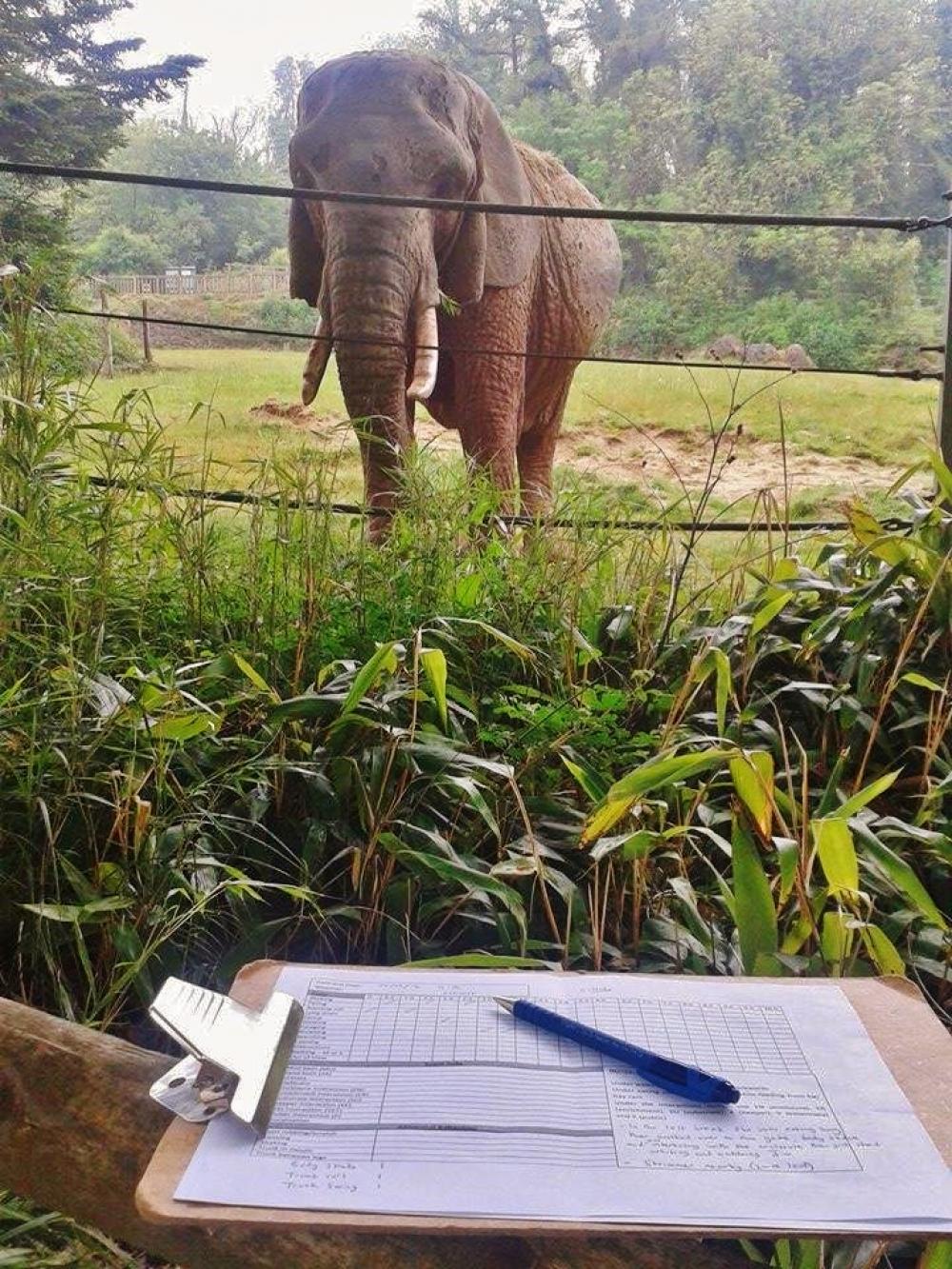
Special thanks to:
EAZA would like to thank the following people for sharing their time and expertise with translations. If you can help with further translations, please contact sally.binding@eaza.net
- Xavier Manteca Vilanova, Autonomous University of Barcelona, Spain
- Caterina Spiezio, Parco Natura Viva, Italy
- Godelieve Kranendonk, APP Rescue Centre, the Netherlands
- Annette Pedersen, Copenhagen Zoo, Denmark
- Sami Khader, Qalqilia Zoo, Palestine
- Dana Canari, Brasov Zoo, Romania
- Csaba Harsányi, Sóstó Zoo, Hungary
- Josef Kindl, Kosice Zoo, Slovakia
- Valeria Sklyarova, Kaliningrad Zoo, Russia
- Bùi Gia Linh, Hoàng Thị Tỉnh, Thân Thị Trang, Animals Asia
- Wang Chun Mei, Xie Meng Qi, Animals Asia
- Julia Vakulenko, Kyiv Zoological Gardens, Ukraine
- Nora Hausen, EAZA Executive Office
- Marie Corlay, EAZA Executive Office
- Catarina Rosa, Lisbon Zoo, Portugal
- João Pedro Gomes Meireles, Independent
- Shawn Peng, Taipei Zoo, Taiwan
- Annie Grannas, Orsa Rovdjurspark, Sweden
- Elina Lundholm, Furuviksparken, Sweden
- Irene Beyer, Bjorneparken, Norway
- Hyunjoo Jang, Seoul Zoo, South-Korea

